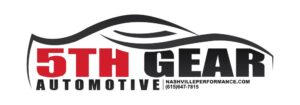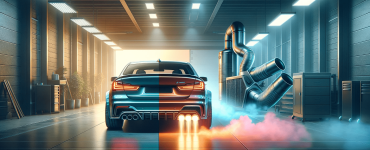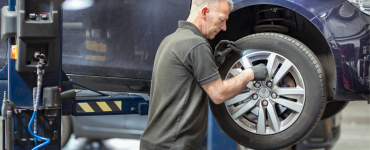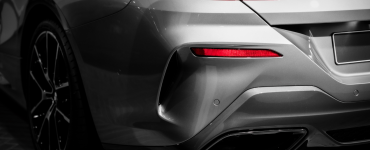Turbocharged Tuning Methods: Unleashing the Beast!
Key Takeaways for turbocharged tuning methods
| Points | Details |
|---|---|
| Turbo Kits | Enhance your vehicle’s power |
| Tuning Chips | Customize performance characteristics |
| Maintenance | Essential for turbo longevity |
| DIY Tips | Ways to optimize your vehicle’s performance |
| Potential Risks | The balance between power and engine health |
Turbocharging: it’s the buzzword in the automotive world. But how do you harness its power safely and effectively? Let’s explore turbocharged tuning methods! 🚗💨
Turbo Kits: The Heart of Power
Turbo kits are the lifeblood of a high-performance vehicle. They provide that much-needed boost, enabling cars to achieve incredible speeds. For instance, for those driving a Chevrolet, the Silverado 5.3 Turbo Kit and the Chevy 4.3 V6 Turbo Kit are game changers. But remember, with great power comes great responsibility!
Pros of Turbo Kits
- Increased Horsepower: Boosts engine’s power output.
- Fuel Efficiency: Turbocharged engines can be more fuel-efficient at low to medium speeds.
- Compact Size: Adds power without increasing engine size.
Cons of Turbo Kits
- Initial Cost: Turbo kits can be expensive.
- Maintenance: Requires frequent check-ups.
- Potential Engine Strain: Can cause wear if not installed or maintained properly.
Tuning Chips: The Brain Behind the Beast
Ever thought of customizing how your turbocharged vehicle behaves? Enter tuning chips. These gadgets adjust your car’s electronic control unit (ECU) settings. Think of them as the car’s brain, dictating behavior.
However, it’s a delicate balance. While tuning can unleash power, there’s a fine line. Overdoing it can result in engine damage.
Benefits of Tuning Chips:
- Customization: Tailor your car’s performance.
- Fuel Efficiency: Adjust settings for better mileage.
- Safety Limits: Set limits to prevent engine damage.
Drawbacks of Tuning Chips:
- Potential Damage: Incorrect tuning can harm the engine.
- Void Warranty: Some manufacturers don’t support chip tuning.
- Cost: Quality chips come at a price.
![]()
DIY Tuning: The Art and Science
Passionate about cars? Dive into DIY car tuning. While professionals have their place, there’s joy in doing it yourself. But remember, knowledge is key!
DIY Tips for Turbocharged Cars:
- Research: Understand your vehicle’s specifics.
- Start Slow: Make minor adjustments and test.
- Maintenance: Keep your turbocharger maintained.
- Safety: Always prioritize safety over speed.
Potential Risks: A Double-Edged Sword
Turbocharging, while exhilarating, isn’t without risks. It’s crucial to strike a balance between achieving that power boost and ensuring engine longevity.
For example, while a Jeep Wrangler turbocharger can elevate its performance, improper tuning or lack of maintenance can lead to serious issues.
Things to Watch Out For:
- Overheating: Turbocharged engines produce more heat.
- Premature Wear: Ensure proper oiling and maintenance.
- Engine Knock: Caused by premature combustion.
Conclusion about turbocharged tuning methods
Turbocharging offers a realm of possibilities for car enthusiasts. Whether you’re enhancing your Dodge, Chevrolet, Honda, Jeep, or Ford, the thrill is undeniable. However, with power comes the need for responsibility. Research, proper maintenance, and a dash of caution can ensure you enjoy the turbocharged experience to its fullest!
Go Turbo! But also, go safe. 🚗🔥
For more in-depth knowledge and tips on automotive performance, explore nashvilleperformance.com.




